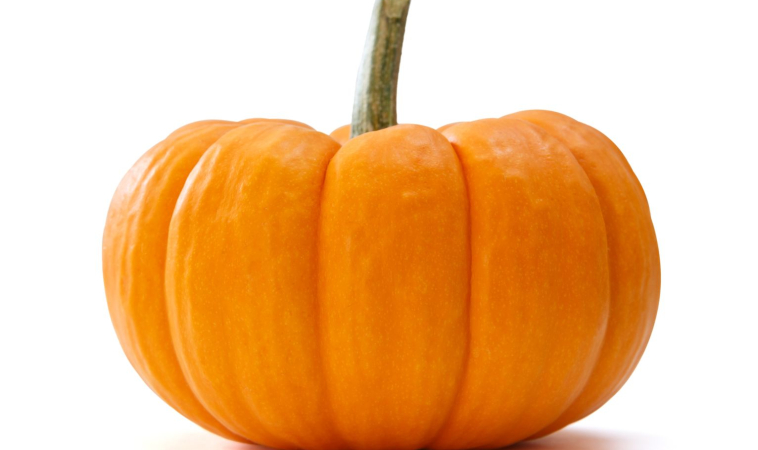If you’re carving pumpkins or cooking squash for fall meals, you may be interested to know you could be fighting cancer, especially if you consume the seeds! While eating these fruits does not fight cancer in itself, a protein compound in the flesh and seeds known as cucurmosin is showing promise in the treatment of several forms of cancer.
Here are four types of cancer showing how compounds in pumpkin are offering new hope for the development in new treatments:
Slideshow
Use the arrows to move to the next slide:

LIVER CANCER:
Studies on the use of pumpkin protein called cucurmosin show that the compound halts the growth of cancer cells blamed for liver cancer. New treatments are being developed for multiple myeloma. Therefore, “Notch signaling pathway can be used as a new treatment target for multiple myeloma, and CUS may be become a potential new drug for regulating Notch signaling pathway,” the study said. Pumpkin, cucurmosin, myeloma, cancer, cancer treatment.

MYELOMA:
Myeloma is cancer of the plasma cells, or white blood cells that produce disease and infection-fighting antibodies. Myeloma cancer prevents our bodies from producing antibodies, which leaves our immune system wide open for infections. The proliferation of myeloma cells also interferes with the normal production of red and white blood cells, but a study on cucurmosin – an ingredient in pumpkin seeds may lead to new treatments.
The study concluded that cucurmosin can inhibit myeloma cell proliferation in vitro and down-regulate the expression levels of Notch signal and its down-stream target genes. Therefore, “Notch signaling pathway can be used as a new treatment target for multiple myeloma, and CUS may be become a potential new drug for regulating Notch signaling pathway,” the study said. Pumpkin, cucurmosin, myeloma, cancer, cancer treatment. Pumpkin, squash, seeds, cucurmosin, cancer treatment.

PANCREATIC CANCER:
Pancreatic cancer treatment can be tricky, so researchers are looking for new compounds in the development of effective treatments for the disease. A 2014 study has shown that cucurmosin can strongly inhibit the growth of PANC-1 cells in vitro and in vivo by down-regulating EGFR protein expression. Pumpkin, cucurmosin, cancer, pancreatic.

INFERTILITY:
Cucurmosin proteins lower chemotherapy-induced reproductive toxicity:
Cancer treatments can result in reproductive toxicity as one of the side effects, but pumpkin seeds – a rich natural source of antioxidants – can help protect sperm quality. Experiments involving male rats treated for cancer who received 300 mg of pumpkin seed extract showed increased total antioxidant capacity and protection from reproductive toxicity. Pumpkin seed extract, antioxidant, chemotherapy, toxicity, cancer.
Dr. Miriam Peachy, ND, at RejuveNature Medicne, Peoria Az. said she likes seeing food used as medicine, and encourages people to learn more about it.
“… It’s always interesting when you find new natural substances that can be linked to cancer treatment,” Peachy said. “But my question is do we have studies if this works well enough to use it on human subjects? It’s good to always demonstrate that how food-based compounds can help in fighting cancer, because it encourages people to add variety to their diet and use food as medicine.”
To learn more about cancer prevention, visit thecancersummit.com





















